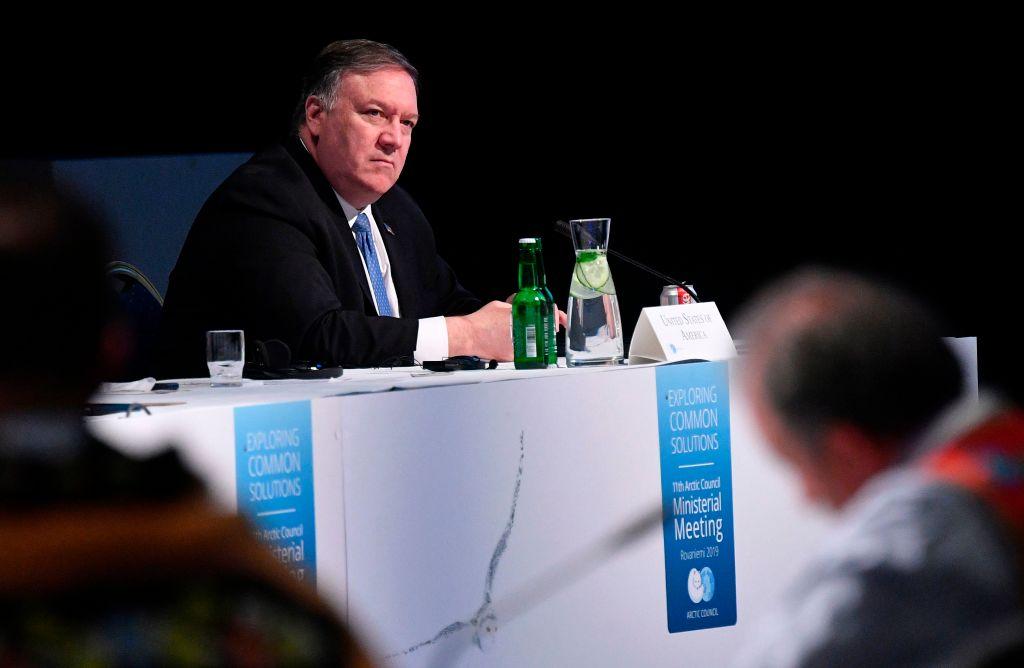In a speech given at the Claremont Institute in California on May 11, U.S. Secretary of State Mike Pompeo highlighted China’s cyber, economic, and geographical threats against the United States.
Pompeo talked about U.S. foreign policies from the perspective of U.S. history since the time of the Founding Fathers. He noted that since the Cold War, the United States has misjudged the Russian and Chinese regimes.





